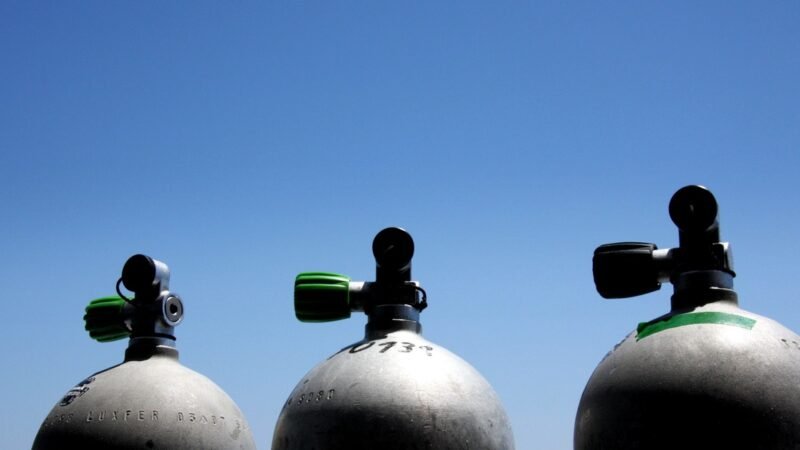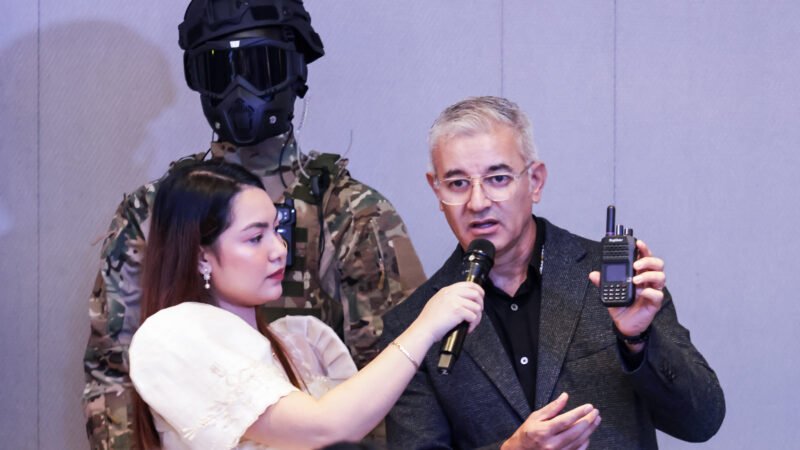Greenpeace statement on Justice Leonen’s call for PH government’s intervention in ICJ case
Supreme Court Justice Marvic Leonen yesterday urged the Philippine government to intervene in the climate change case lodged before the International Court of Justice (ICJ). This is in light of the resolution adopted by the UN General Assembly back in March, asking the ICJ to issue an advisory opinion on countries’ duties to protect human rights from the climate crisis, after a campaign spearheaded by university students in Vanuatu gained the support of over 120 cosponsoring countries, including Australia, the United Kingdom, France, and New Zealand.
Reacting to this, Greenpeace Philippines campaigner Virginia Benosa-Llorin reiterated the environmental organization’s calls for the government’s involvement in this historic matter:
“The landmark UNGA resolution vindicates the work of communities in the Philippines, who have long stood up for climate justice and have defended their rights in the face of climate impacts caused by the activities of rich nations and fossil fuel companies. However, we continue to demand an ICJ advisory opinion that represents the interests of the climate-affected people, including Filipinos in seeking climate justice, as well as payment for loss and damage–not just from states but also from fossil fuel companies that have contributed the lion’s share to historical and present carbon emissions.
“Thus, we echo the call on the Philippine government to actively engage in the proceedings surrounding the UNGA resolution asking for an ICJ advisory opinion on countries’ climate change duties. The current administration must represent the interests of the Filipino people in seeking climate justice, as well as payment for loss and damage–not just from states but also, importantly, from fossil fuel companies.
“We believe that the Philippine government can substantially contribute to the proceedings. The climate change and human rights report of the Commission on Human Rights’ National Inquiry on Climate Change (2015-2022) was one of the first proceedings globally to have examined the link between climate impacts and human rights harms. The findings and recommendations in this report, which notes states’ and the private sector’s duties in the context of climate change, could be a key source of information for the ICJ’s discussions, and could further strengthen the case for an advisory opinion in favor of climate-vulnerable nations.
“Filipino communities, who have suffered the brunt of climate impacts for decades, deserve to have their voices represented in this discussion. We urge our government to follow Vanuatu’s lead and embrace its crucial role in delivering this potentially-monumental success in the struggle for climate justice.”



